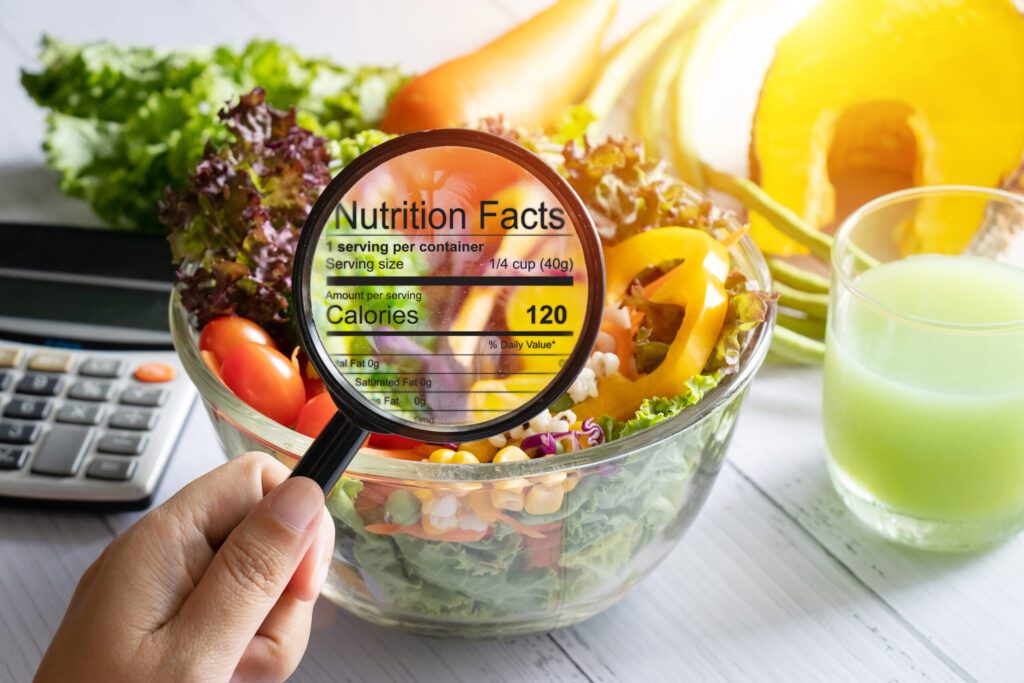A Dietician’s Guidance Can Help You Make the Best of Your Health
by PAMELA PALONGUE
“Let food be thy medicine…”
It’s funny how the wise words of the ancient physician Hippocrates still ring true today, some 2,500 years later. Beyond the DNA we’re born with, the three great influencers of overall health are sleep, exercise and the nourishment we choose for ourselves. There are many individual challenges when it comes to diet, including weight concerns, food allergies and medical conditions. With food playing such an important role in our health, it makes sense to consult an expert for the very best dietary advice for our individual needs.
Many people, particularly as they age, find themselves in the category of prediabetes. According to the Centers for Disease Control and Prevention, more than 1 in 3 people have prediabetes. Their doctors deliver the news, but what next? Who can help each individual identify the best foods for their specific medical circumstances?
That’s where professionals like Nancy Ulm come in. Ulm is a Registered Dietician and a Certified Diabetes Care and Education Specialist at Watson Clinic.
Ulm explains that individuals who are prediabetic have developed resistance to insulin, meaning the cells of the muscles, fat and liver are unable to use the glucose supplied by the bloodstream. This prompts the pancreas to make more insulin in order to compensate. Eventually, it will not be able to keep up, resulting in elevated blood sugar levels. The good news is that while a person is in this prediabetic state, the condition can often be improved and even controlled by diet and lifestyle changes.
Not surprisingly, Ulm recommends a diet with lots of fresh fruits and non-starchy vegetables; lean meats such as beef, pork and chicken; and whole grains for a more balanced diet.
“The fiber [from whole grains] slows the sugar release into the bloodstream,” Ulm says. This helps to naturally regulate the flow of blood sugar. For those who may be gluten intolerant to wheat products, Ulm suggests trying brown rice, gluten-free oats and quinoa as high-fiber alternatives.
But individuals with diabetes or prediabetes aren’t the only ones who can benefit from the personalized expertise a registered dietician can offer. People with other types of dietary restrictions also may find their guidance to be particularly useful.
Vegetarians fit into that category. Vegetarians typically struggle to incorporate much-needed protein into their diet. While Ulm says that beans and nuts are excellent ways to fill the gaps, she cautions that moderation is important.
“Nuts can be high in fat, so moderation is the key to a healthy balance.” She also suggests meat alternatives like veggie burgers as another way to satisfy protein needs.
One part of a diet that most people often overlook is fluid intake.
“Water is important for the metabolism to work,” Ulm says.
If the kidneys have to work overtime processing sugar, they can break down over time. She says two organs that are at risk of damage from insulin imbalances are the heart and kidneys. Water and unsweetened tea can help the kidneys do their job properly and filter waste from the body. Limiting sugar-sweetened beverages is a good idea, as is limiting real fruit juices to 4-6 ounces per day because of their high sugar levels.
Another great way to achieve overall health naturally is through exercise. Obesity and even just being moderately overweight can increase your chances of lapsing into a prediabetic state. Ulm recommends exercise as one of the healthiest things you can do to prevent not only diabetes but also many other conditions. Just the simple act of walking improves blood circulation, the lymphatic system, and may even help to reduce blood pressure.
Sleep is an important consideration because it allows the body to recharge and heal from the stresses of the day. Food plays a role here, as well. Ulm says there are certain foods that can aid in sleep.
“Small amounts of carbs with some protein and fiber can slow down the release of sugar into the bloodstream. Whole wheat toast with some peanut butter is a good snack or some fruit with a cheese stick.”
It’s easy to fall prey to the many fad diets that gain traction, but Ulm says there is no “all or nothing” solution to good nutrition. You have to focus on the entire diet, and use moderation in your choices, even if something has been dubbed the latest superfood.
The bottom line: We’re all different. We have different physiologies that metabolize food differently. We have different lifestyles, activity levels and tastes. There is no “one-size-fits-all” diet suitable for every person. That’s why consulting a nutritionist can be so crucial. A nutritionist can look at your unique circumstances and help you translate the science into a manageable plan that works for you.
When it comes to selecting a nutritionist, be sure to get someone who has credentials. An RD, or Registered Dietician, certification will ensure that they’ve met certain educational standards. If you have a special dietary challenge such as diabetes, prediabetes, weight gain, food allergies or you’re a vegan, you may be able to find an RD who specializes in this area, although any RD will have knowledge of how to handle your particular dietary challenges. Your doctor or family health care clinic may be able to recommend someone, as well.
Food is so integral to our health; it’s imperative to get it right
